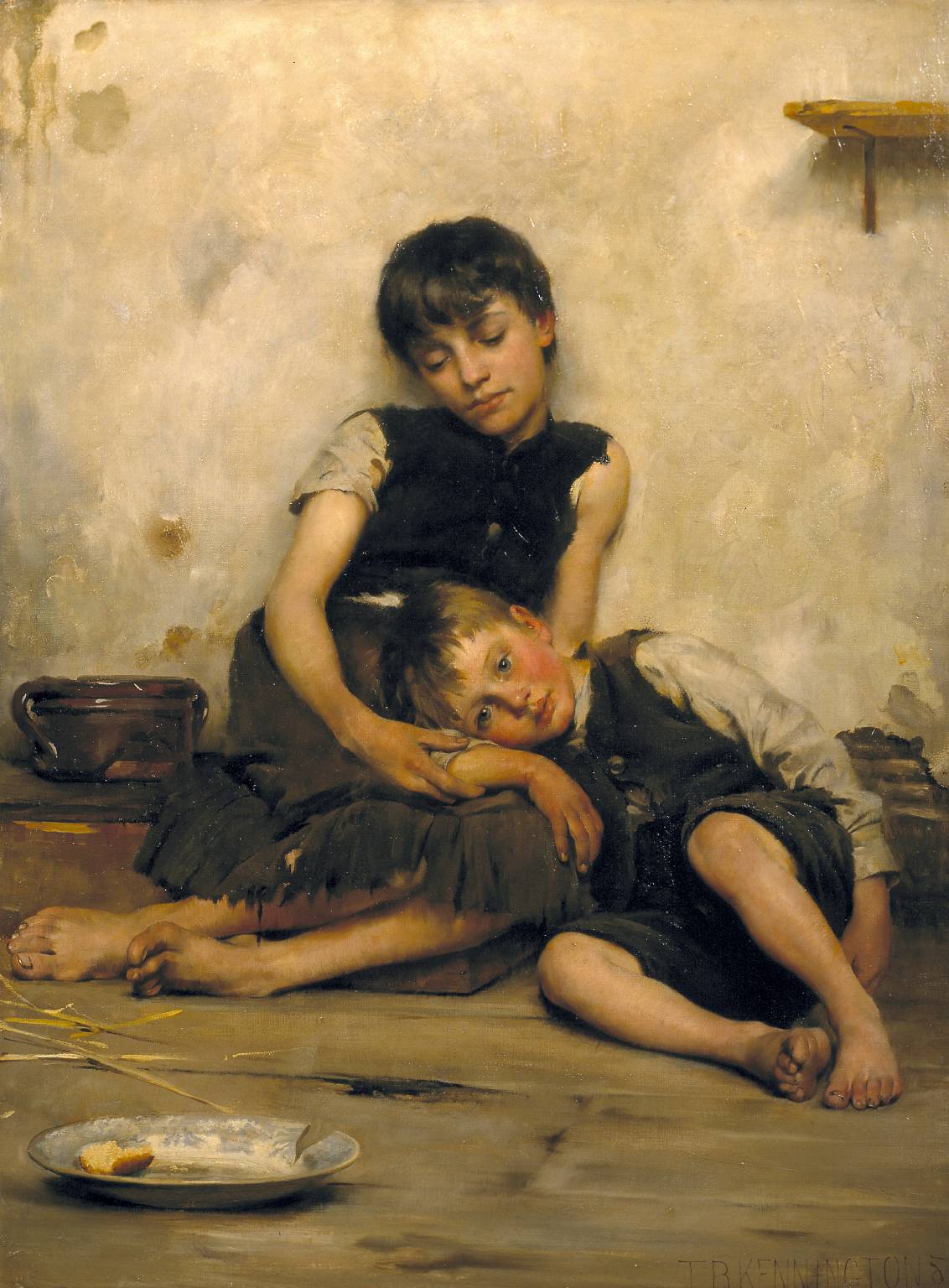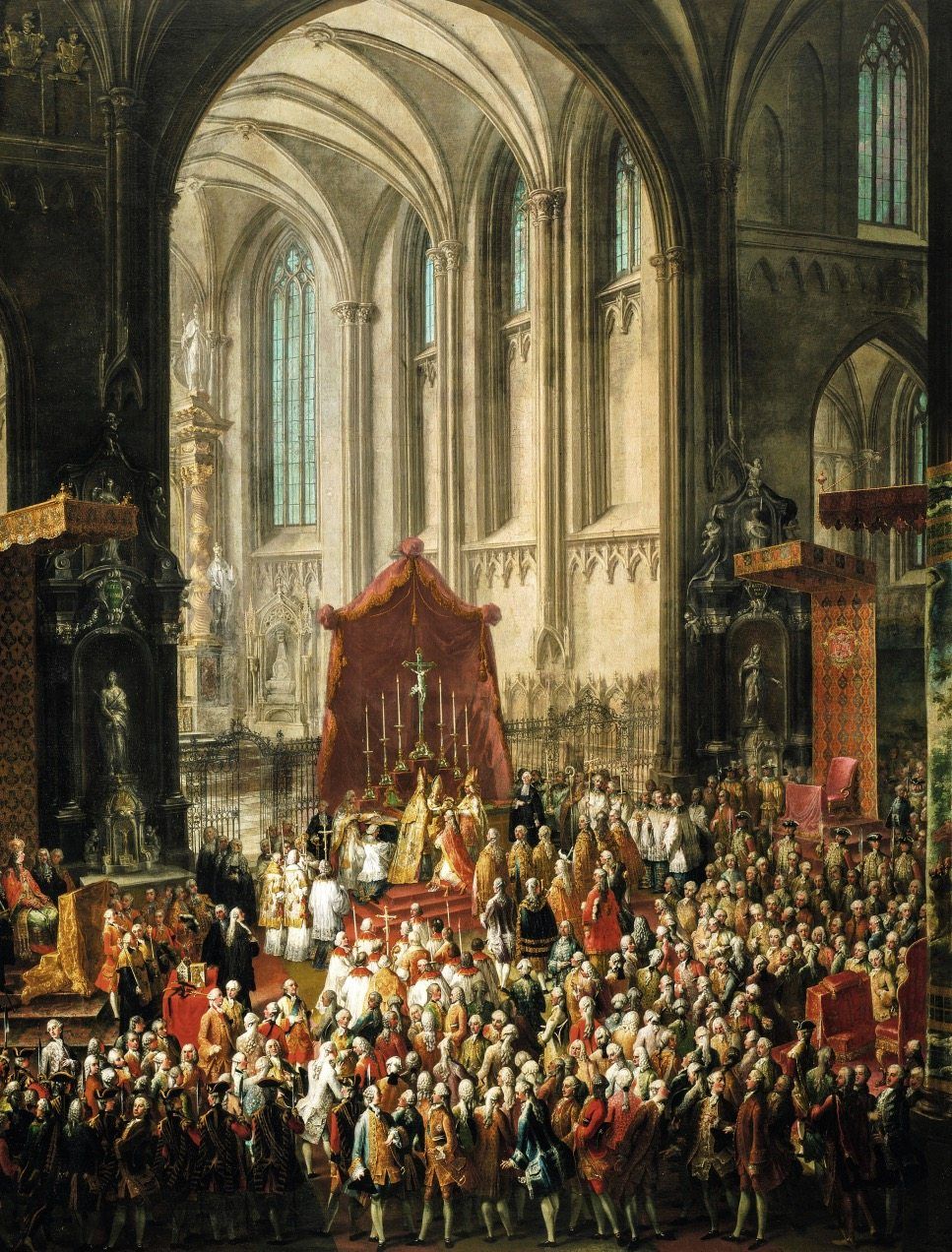|
Student Initiative Rahel
The Student Initiative Rahel (German: ''Rahel-Bildungsprojekt'') was a project of the ''Institute for World Church and Mission'' (IWM, German: ''Institut für Weltkirche und Mission''), which is part of the Sankt Georgen Graduate School of Philosophy and Theology in Frankfurt-Sachsenhausen. The nonprofit project started in 2010 and collected money until 2017, financing scholarships for disadvantaged young people, mostly women, in Adigrat in northern Ethiopia. The students in Ethiopia were also supported ideally during their education. The project was run mainly by current and former students at the IWM in Germany. It was largely funded by donations. History The idea for the educational project was developed in 2010 during a research trip on the subject of AIDS by the then head of the IWM, Albert-Peter Rethmann. It was in the context of a research project of the German Bishops' Conference in Adigrat in Tigray Region in northern Ethiopia. In this region, many young people, es ... [...More Info...] [...Related Items...] OR: [Wikipedia] [Google] [Baidu] |
Sankt Georgen Graduate School Of Philosophy And Theology
Sankt Georgen Graduate School of Philosophy and Theology (German: ''Philosophisch-Theologische Hochschule Sankt Georgen'') is a higher education Jesuit college in Frankfurt am Main, Germany. The school offers a 10-semester Magister in Catholic Theology and a 6-semester Bachelor in Philosophy. Post-graduate students may earn the degrees of Licentiate (Lic. theol.), Doctorate (Dr. theol., Ph.D.), or Habilitation (Dr. theol. habil.). Additional interdisciplinary programs are offered as well. Campus and Institutions The campus, situated within a historic park in the Sachsenhausen district of Frankfurt, contains the classroom building, the office building (''Lindenhaus''), the academic library, the college restaurant (''Mensa''), the major seminary, the college church, and the Jesuit community. The campus hosts as well two institutions founded by the German Bishops' Conference: the "Institute for Global Church and Mission (IWM)" and an Institute for Christian-Muslim relations ("Cibe ... [...More Info...] [...Related Items...] OR: [Wikipedia] [Google] [Baidu] |
Orphan
An orphan (from the el, ορφανός, orphanós) is a child whose parents have died. In common usage, only a child who has lost both parents due to death is called an orphan. When referring to animals, only the mother's condition is usually relevant (i.e. if the female parent has gone, the offspring is an orphan, regardless of the father's condition). Definitions Various groups use different definitions to identify orphans. One legal definition used in the United States is a minor bereft through "death or disappearance of, abandonment or desertion by, or separation or loss from, both parents". In the common use, an orphan does not have any surviving parent to care for them. However, the United Nations Children's Fund (UNICEF), Joint United Nations Programme on HIV and AIDS (UNAIDS), and other groups label any child who has lost one parent as an orphan. In this approach, a ''maternal orphan'' is a child whose mother has died, a ''paternal orphan'' is a child whose fath ... [...More Info...] [...Related Items...] OR: [Wikipedia] [Google] [Baidu] |
Frankfurt Cathedral
Frankfurt Cathedral (german: link=no, Frankfurter Dom), officially Imperial Cathedral of Saint Bartholomew (german: link=no, Kaiserdom Sankt Bartholomäus) is a Roman Catholic Gothic church located in the heart of Frankfurt am Main, Germany. It is dedicated to Saint Bartholomew. It is the largest religious building in the city and a former collegiate church. Despite its common English name, it has never been a true cathedral (episcopal see), but is called the ''Kaiserdom'' (an "imperial great church" or imperial cathedral) or simply the ''Dom'' due to its importance as former election and coronation church of the Holy Roman Empire. As one of the major buildings of the Empire's history, it was a symbol of national unity, especially in the 19th century. The present church building is the third church on the same site. Since the late 19th century, excavations have revealed buildings that can be traced back to the seventh century. The history is closely linked with the general hist ... [...More Info...] [...Related Items...] OR: [Wikipedia] [Google] [Baidu] |
Fundraising
Fundraising or fund-raising is the process of seeking and gathering voluntary financial contributions by engaging individuals, businesses, charitable foundations, or governmental agencies. Although fundraising typically refers to efforts to gather money for non-profit organizations, it is sometimes used to refer to the identification and solicitation of investors or other sources of capital for-profit enterprises. Traditionally, fundraising has consisted mostly of asking for donations through face-to-face fundraising, such as door-knocking. In recent years, though, new forms such as online fundraising or reformed version of grassroots fundraising have emerged. Organizations Fundraising is a significant way that non-profit organizations may obtain the money for their operations. These operations can involve a very broad array of concerns such as religious or philanthropic groups such as research organizations, public broadcasters, political campaigns and environmental issues. ... [...More Info...] [...Related Items...] OR: [Wikipedia] [Google] [Baidu] |
Refugee
A refugee, conventionally speaking, is a displaced person who has crossed national borders and who cannot or is unwilling to return home due to well-founded fear of persecution.FAQ: Who is a refugee? ''www.unhcr.org'', accessed 22 June 2021 Such a person may be called an until granted by the contracting state or the |
Autonomy
In developmental psychology and moral, political, and bioethical philosophy, autonomy, from , ''autonomos'', from αὐτο- ''auto-'' "self" and νόμος ''nomos'', "law", hence when combined understood to mean "one who gives oneself one's own law" is the capacity to make an informed, uncoerced decision. Autonomous organizations or institutions are independent or self-governing. Autonomy can also be defined from a human resources perspective, where it denotes a (relatively high) level of discretion granted to an employee in his or her work. In such cases, autonomy is known to generally increase job satisfaction. Self-actualized individuals are thought to operate autonomously of external expectations. In a medical context, respect for a patient's personal autonomy is considered one of many fundamental ethical principles in medicine. Sociology In the sociology of knowledge, a controversy over the boundaries of autonomy inhibited analysis of any concept beyond relative auto ... [...More Info...] [...Related Items...] OR: [Wikipedia] [Google] [Baidu] |
Liberty
Liberty is the ability to do as one pleases, or a right or immunity enjoyed by prescription or by grant (i.e. privilege). It is a synonym for the word freedom. In modern politics, liberty is understood as the state of being free within society from control or oppressive restrictions imposed by authority on one's way of life, behavior, or political views. In theology, liberty is freedom from the effects of "sin, spiritual servitude, rworldly ties". Sometimes liberty is differentiated from freedom by using the word "freedom" primarily, if not exclusively, to mean the ability to do as one wills and what one has the power to do; and using the word "liberty" to mean the absence of arbitrary restraints, taking into account the rights of all involved. In this sense, the exercise of liberty is subject to capability and limited by the rights of others. Thus liberty entails the responsible use of freedom under the rule of law without depriving anyone else of their freedom. Liberty can be ... [...More Info...] [...Related Items...] OR: [Wikipedia] [Google] [Baidu] |
Development Aid
Development aid is a type of aid, foreign/international/overseas aid given by governments and other agencies to support the economic, environmental, social, and political International development, development of developing countries. Closely-related concepts include: developmental aid, development assistance, official development assistance, development policy, development cooperation and technical assistance. It is distinguished from humanitarian aid by aiming at a sustained improvement in the conditions in a developing country, rather than short-term relief. Development aid is thus widely seen as a major way to meet Sustainable Development Goal 1 (end poverty in all its forms everywhere) for the developing nations. Aid may be bilateral: given from one country directly to another; or it may be multilateral: given by the donor country to an international organisation such as the World Bank or the United Nations Agencies (UNDP, UNICEF, UNAIDS, etc.) which then distributes it among ... [...More Info...] [...Related Items...] OR: [Wikipedia] [Google] [Baidu] |
Role Model
A role model is a person whose behaviour, example, or success is or can be emulated by others, especially by younger people. The term ''role model'' is credited to sociologist Robert K. Merton, who hypothesized that individuals compare themselves with reference groups of people who occupy the social role to which the individual aspires., an example of which is the way young fans may idolize and imitate professional athletes or entertainment artists. In the second half of the twentieth century, U.S. advocates for workplace equity popularized the term and concept of role models as part of a larger social capital lexicon—which also includes terms such as glass ceiling, networking, mentoring, and gatekeeper—serving to identify and address the problems barring non-dominant groups from professional success. Mainstream business literature subsequently adopted the terms and concepts, promoting them as pathways to success for all career climbers. In 1970 these terms were not in the ge ... [...More Info...] [...Related Items...] OR: [Wikipedia] [Google] [Baidu] |
Ethics
Ethics or moral philosophy is a branch of philosophy that "involves systematizing, defending, and recommending concepts of right and wrong behavior".''Internet Encyclopedia of Philosophy'' The field of ethics, along with aesthetics, concerns matters of value; these fields comprise the branch of philosophy called axiology. Ethics seeks to resolve questions of human morality by defining concepts such as good and evil, right and wrong, virtue and vice, justice and crime. As a field of intellectual inquiry, moral philosophy is related to the fields of moral psychology, descriptive ethics, and value theory. Three major areas of study within ethics recognized today are: # Meta-ethics, concerning the theoretical meaning and reference of moral propositions, and how their truth values (if any) can be determined; # Normative ethics, concerning the practical means of determining a moral course of action; # Applied ethics, concerning what a person is obligated (or permitted) to do ... [...More Info...] [...Related Items...] OR: [Wikipedia] [Google] [Baidu] |
Poverty
Poverty is the state of having few material possessions or little income. Poverty can have diverse social, economic, and political causes and effects. When evaluating poverty in statistics or economics there are two main measures: ''absolute poverty'' compares income against the amount needed to meet basic needs, basic personal needs, such as food, clothing, and Shelter (building), shelter; ''relative poverty'' measures when a person cannot meet a minimum level of living standards, compared to others in the same time and place. The definition of ''relative poverty'' varies from one country to another, or from one society to another. Statistically, , most of the world's population live in poverty: in Purchasing Power Parity, PPP dollars, 85% of people live on less than $30 per day, two-thirds live on less than $10 per day, and 10% live on less than $1.90 per day ... [...More Info...] [...Related Items...] OR: [Wikipedia] [Google] [Baidu] |
Mek'ele
Mekelle ( ti, መቐለ, am, መቀሌ, mäqälle, mek’elē) or Mekele is a special zone and capital of the Tigray Region of Ethiopia. Mekelle was formerly the capital of Enderta awraja in Tigray. It is located around north of the Ethiopian capital Addis Ababa, with an elevation of above sea level. Administratively, Mekelle is considered a Special Zone, which is divided into seven sub-cities. It is the economic, cultural, and political hub of northern Ethiopia. Mekelle has grown rapidly since 1991 with a population of 61,000 in 1984, 97,000 inhabitants in 1994 (96.5% being Tigrinya-speakers), and 170,000 in 2006 (i.e. 4% of the population of Tigray). Mekelle is the second-largest city in Ethiopia after Addis Ababa, with a population of around 545,000. It is 2.6 times larger than Adigrat, the second-largest regional center. The majority of the population of Mekelle depends on government employment, commerce, and small-scale enterprises. In 2007, Mekelle had new engineering, ... [...More Info...] [...Related Items...] OR: [Wikipedia] [Google] [Baidu] |
.jpg)







